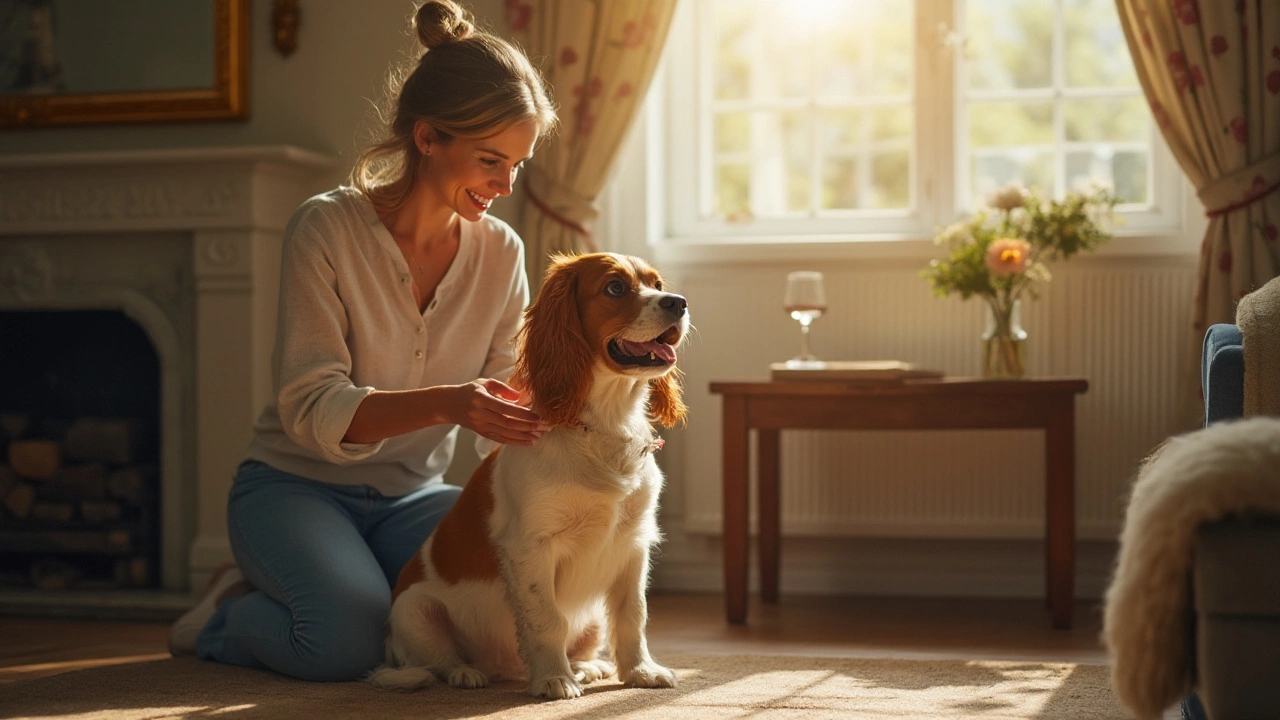Stop Dog Biting: Practical Tips to End Nipping Fast
If your pup has started to nip or bite, you’re probably wondering how to fix it without hurting your relationship. The good news is most dogs bite because they’re scared, excited, or don’t know how to behave. You can change that with a few clear steps.
Why Your Dog Might Bite
First, figure out the trigger. Young puppies often bite during play because their teeth are still growing and they’re testing limits. Older dogs might bite if they feel threatened, are in pain, or are guarding something valuable. Watching the situation helps you spot the warning signs – a stiff body, a hard stare, or a growl before the bite.
Another common cause is lack of bite inhibition. In the wild, pups learn from their littermates to keep their bite soft. If your dog never had that lesson, the bite can be hard and scary. Recognizing that it’s a skill to teach, not a personality flaw, makes the training easier.
How to Stop the Biting Behavior
1. Stay calm and stop the interaction. As soon as a bite happens, say a firm "No" and walk away. This tells the dog that biting ends the fun.
2. Teach a gentle touch. Offer a chew toy instead of your hand. When the dog bites the toy, praise them with a happy voice and a treat. Over time the dog learns that toys are for chewing, not people.
3. Use the "time‑out" method. If the bite is hard, gently place the dog in a quiet area for 30 seconds. A short break shows that biting leads to loss of attention.
4. Reward calm behavior. Whenever your dog is relaxed around people, give a treat or a friendly pat. Positive reinforcement builds the habit you want.
5. Practice impulse control games. Games like "Leave it" or "Sit and stay" teach the dog to think before acting. A dog that can sit calmly when asked is less likely to bite.
6. Check for pain. If a normally gentle dog suddenly bites, a vet check might be needed. Injuries, arthritis, or dental problems can make a dog snap.
7. Get professional help if needed. A certified dog trainer or behaviorist can spot hidden triggers and design a plan just for your dog. Don’t wait for the bite to get worse.
Remember, consistency is key. Everyone in the household must use the same commands and reactions. Mixed messages keep the dog confused and the problem persists.
Finally, give your dog plenty of exercise and mental stimulation. A tired dog is a calm dog, and boredom is a common reason for unwanted nipping. Walks, fetch, puzzle toys – any activity that uses up energy helps reinforce good behavior.
Stopping dog biting isn’t a one‑day miracle, but with clear signals, steady rewards, and patience, you’ll see the nipping fade away. Your dog will learn that gentle play earns love, while biting leads to a quick loss of attention. Keep it simple, stay consistent, and enjoy the more peaceful moments with your furry friend.

